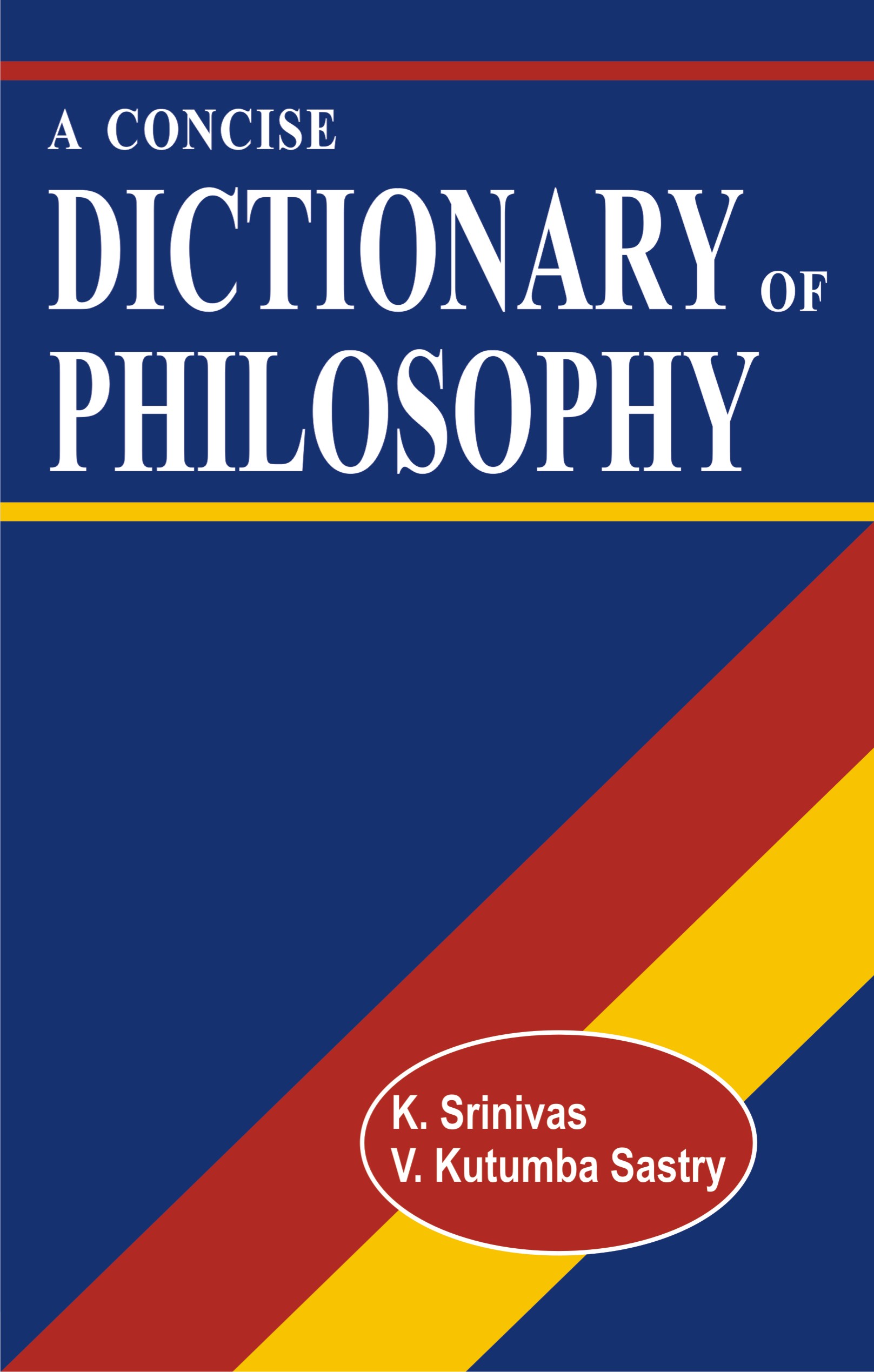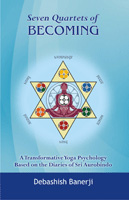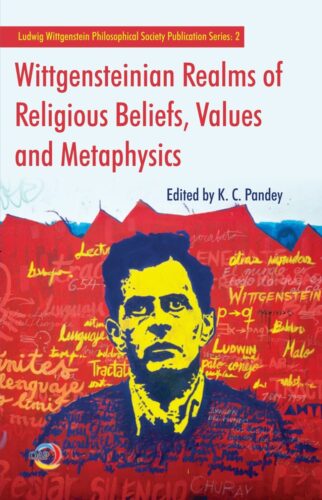

Logical Positivism R...
Logical Positivism Revisited
by: K. SrinivasThe book is an attempt to critically examine the cardinal doctrines of logical positivism as expounded in the writings of A.J. Ayer. Logical positivism has provided us with the tools to analyse the concepts of philosophy.
Original price was: ₹520.00.₹468.00Current price is: ₹468.00.
ISBN: 9788124605707
Year Of Publication: 2010
Edition: 1st
Pages : xi, 226
Bibliographic Details : Bibliography; Index
Language : English
Binding : Hardcover
Publisher: D.K. Printworld Pvt. Ltd.
Size: 23
Weight: 500
The book Logical Positivism Revisited is an attempt to expound and critically examine the cardinal doctrines of logical positivism. The logical rigour with which the followers of this school of thought analysed the issues concerning language, knowledge and truth shows that the problems of philosophy can only be solved by resorting to logical analysis. The view that problems of philosophy surface because of our misunderstanding or loose correlation of our language has provided a new dimension to our philosophical thinking. Moreover, logical positivism’s anti-metaphysical stance highlights its taste for logic, mathematics and science and its distaste for speculative thinking in philosophy. Such an attempt in philosophy is viewed by the logical positivists as a revolution in philosophy.
Preface
Introduction
1. Classical British Empiricism and
its Development
John Locke (1632-1704)
The Doctrine of Innate Ideas — Theory of Knowledge — Operations of the Mind — Primary and Secondary Qualities — What is Knowledge? — Levels of Human Knowledge — What is Substance? — Language: Means of Exchanging Views
George Berkeley (1685-1753)
Ideas as the Objects of Knowledge — To be is to be Perceived (Esse est percipi) — Finite and Infinite Spirits — Immaterialism
David Hume (1711-76)
Perceptions, Impressions and Ideas — Denial of Substance — Theory of Knowledge — Theory of Causation — External World
2. The Birth of Logical Positivism and
its Objectives
The Vienna Circle
Objectives of Logical Positivism
3. The Nature and Method of Philosophy
Nature of Philosophical Analysis
Definitions in Use
Critical Reflections
Philosophy as Synthesis
4. The Principle of Verification
What is Metaphysics?
Elimination of Metaphysics
The Wedge between Analytic and Synthetic
The Principle of Verification
Critical Reflections
What are Values?
Types of Ethical Theory
Emotive Theory
Critical Reflections
5. The Nature of Perception
What is Perception?
What are Sense-data?
The Argument from Illusion
Sense-datum Language
Arguments against Nave Realism
Phenomenalism
Critical Reflections
6. The Problem of Induction
What is Causation?
Humes View
Ayers View
The Problem of Induction
What is Probability?
Critical Reflections
7. On Other Minds and Statements
about the Past
The Notion of Self
Phenomenalistic Analysis
Telepathy
The Argument from Analogy
Critical Reflections
Statements about the Past
8. Concluding Remarks
Bibliography
Index










